Goethe’s Die Leiden des junges Werthers (The Sorrows of Young Werther) was a vital spark in the ignition of the German romantic movement. The story of a young man driven to kill himself for love of a woman, Charlotte, who loves him but marries someone else out of duty to her family, it was first published in 1774. It triggered a fever across Europe ranging from fashion trends (Werther wears blue with a yellow waistcoat) to a spate of copycat suicides. Among its admirers were Beethoven, Brahms, Napoleon and Frankenstein’s Monster. Strange that the only operatic version is by Jules Massenet, written over a century later. It is a patchy piece, with some clumsy infelicities in the libretto - yet at its best, it can rip your heart out.
Benoït Jacquot’s Royal Opera production, here revived by Andrew Sinclair, is now 15 years old, but it ain’t broke and doesn’t need fixing. Large, striking sets capture lighting effects by Charles Edwards that complement the dusky, slanting sunsets of Massenet’s score; there’s a touching naturalism that fleshes out some of the work’s patchy characterisation; and plenty of stillness that allows the music to articulate unspoken emotion. 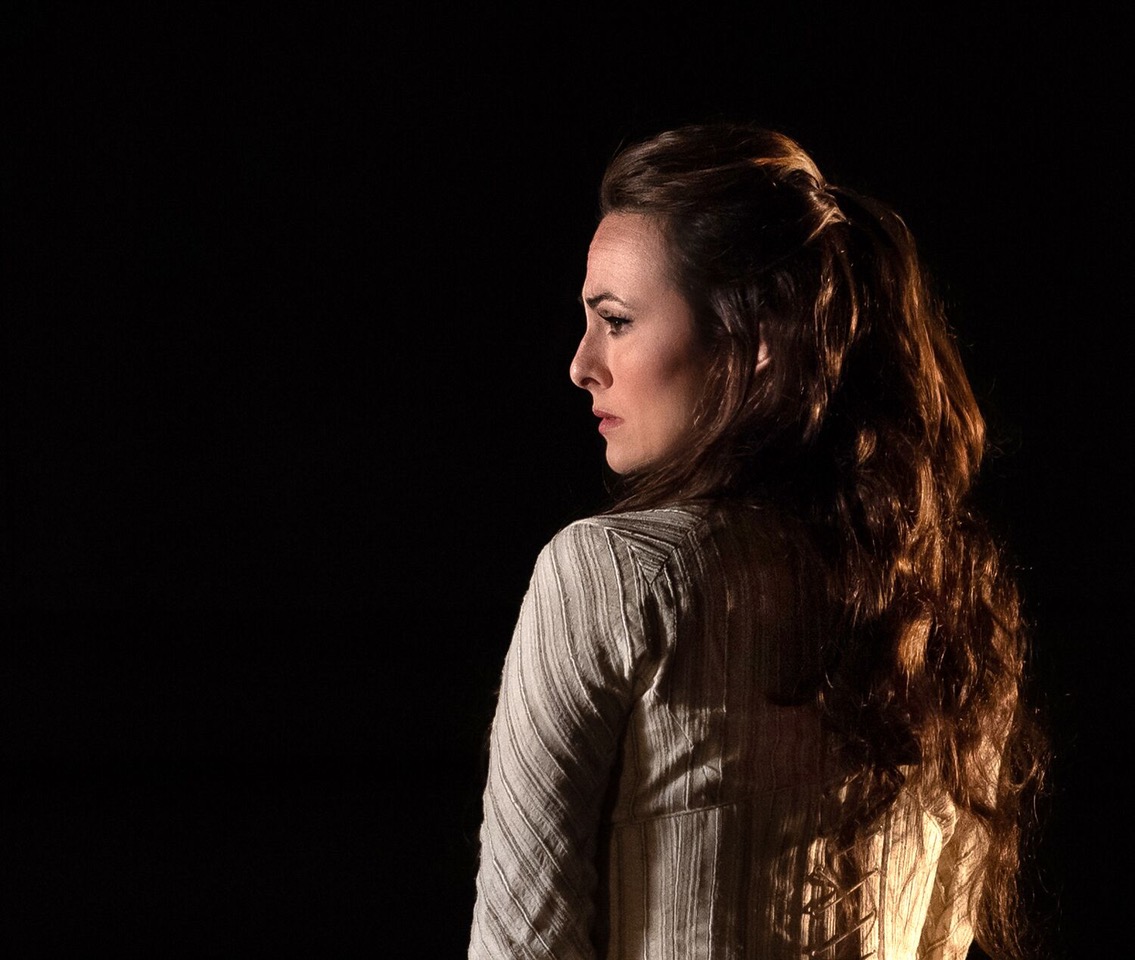 The American mezzo-soprano Isabel Leonard, in her house debut as Charlotte (pictured above), was the evening’s highlight, with an effortless range of colour, soaring tone and ability wholly to inhabit the character’s dilemmas. If only the same could be said for Juan Diego Flórez as Werther. The star Peruvian tenor’s voice has changed over time and the old silken finesse has acquired a harder edge; there’s more projection, perhaps, but less beauty, and he is unfortunately not the world’s most natural actor of tormented souls - though his show-stopper did stop the show.
The American mezzo-soprano Isabel Leonard, in her house debut as Charlotte (pictured above), was the evening’s highlight, with an effortless range of colour, soaring tone and ability wholly to inhabit the character’s dilemmas. If only the same could be said for Juan Diego Flórez as Werther. The star Peruvian tenor’s voice has changed over time and the old silken finesse has acquired a harder edge; there’s more projection, perhaps, but less beauty, and he is unfortunately not the world’s most natural actor of tormented souls - though his show-stopper did stop the show.
Fine casting in the smaller roles rather showed him up, notably the relish with which Alistair Miles as a larger-than-life Bailli (the Mayor and paterfamilias) coached his group of younger children in their distinctly unseasonal carol. Heather Engebretson, petite and with a beautifully bright soprano voice, made Sophie, Charlotte’s 15-year-old sister, into a wonderfully believable picture of an adolescent girl trying to grow up. As Albert, the man Charlotte marries to please her late mother, the luminous baritone voice of Jacques Imbrailo was luxury casting for a paper-thin role that doesn’t really deserve him.  The subtle and imaginative orchestration is one of the opera’s chief glories - Werther’s otherness is defined by music rich in cello and harp, contrasting with the woodwind for Albert; and Charlotte’s Act III aria, revealing the depth of her unspoken sorrows, is enriched to fabulous effect by a solo saxophone. The Royal Opera House Orchestra was in fine form under Edward Gardner, whose masterly pacing of the storytelling and instinct for changing colours and energies made this long work fly by, despite occasionally drowning out Flórez.
The subtle and imaginative orchestration is one of the opera’s chief glories - Werther’s otherness is defined by music rich in cello and harp, contrasting with the woodwind for Albert; and Charlotte’s Act III aria, revealing the depth of her unspoken sorrows, is enriched to fabulous effect by a solo saxophone. The Royal Opera House Orchestra was in fine form under Edward Gardner, whose masterly pacing of the storytelling and instinct for changing colours and energies made this long work fly by, despite occasionally drowning out Flórez.
The litmus test for a good Werther, though, is the state of your mascara at the end. Mine emerged intact.

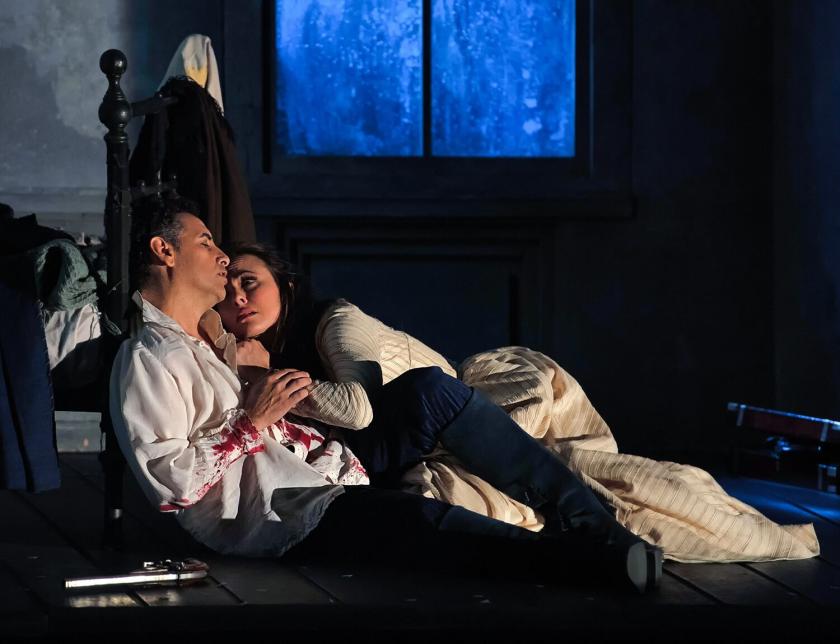



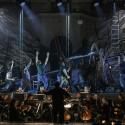
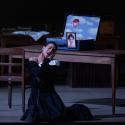
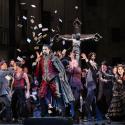

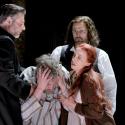
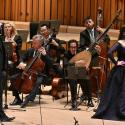
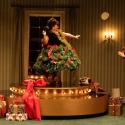

Comments
Add comment